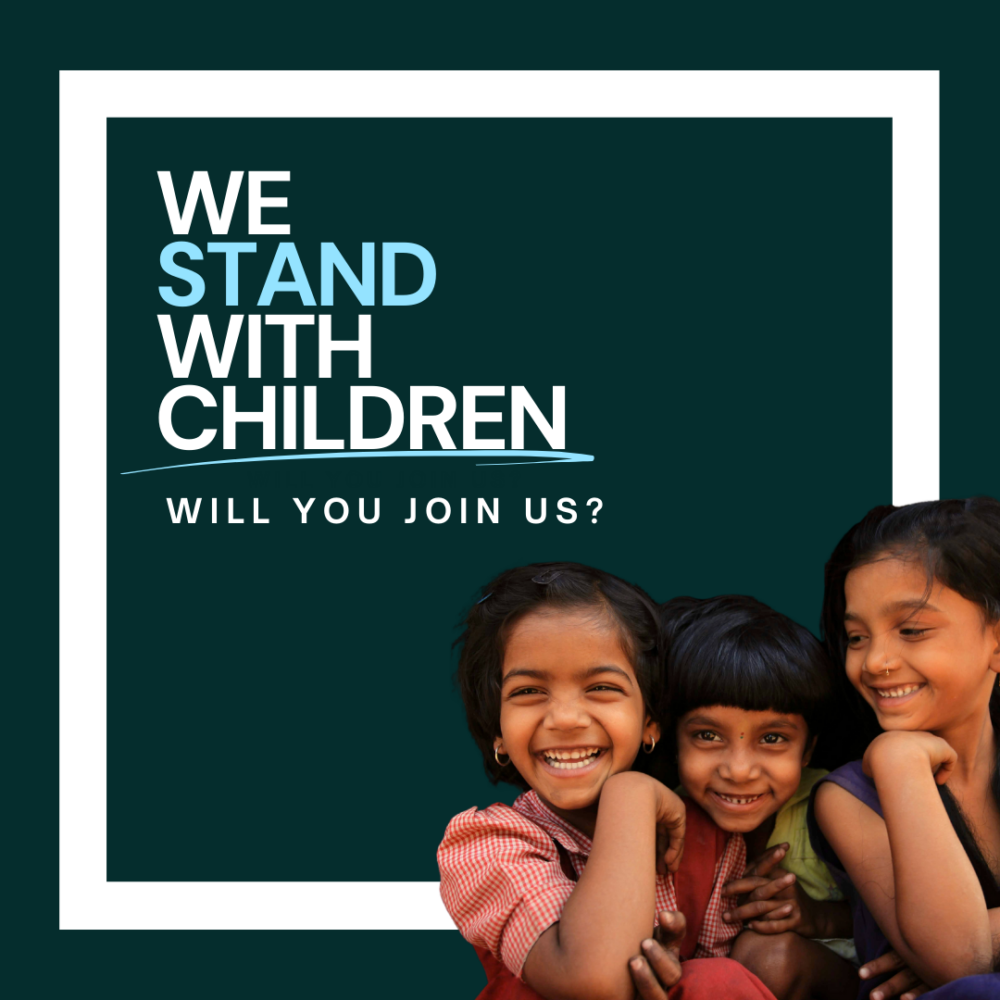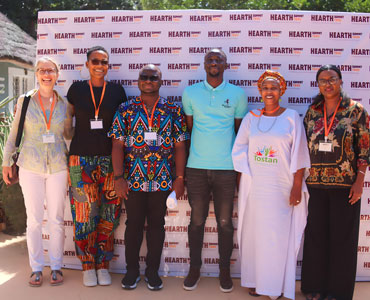
How intergenerational dialogue can support the wellbeing of adolescents and young people
In October 2024, Global Fund for Children supported adolescents and young people from our partners’ programs in Cote D’Ivoire, Guinea, Liberia, and Sierra Leone, along with their team members, to participate in the Hearth Wellbeing Summit in Senegal run by Tostan. Among those present was GFC’s Program Officer for West Africa, Remijus N. Iweobi. Here, he reflects on his experiences.
Attending the summit for the first time was deeply enlightening. It was a trailblazing, power-packed event that brought together a diverse range of young people from across the African continent. These young people are doing truly amazing work on issues such as mental health awareness, sexual and reproductive health, girls’ empowerment, and climate resilience.
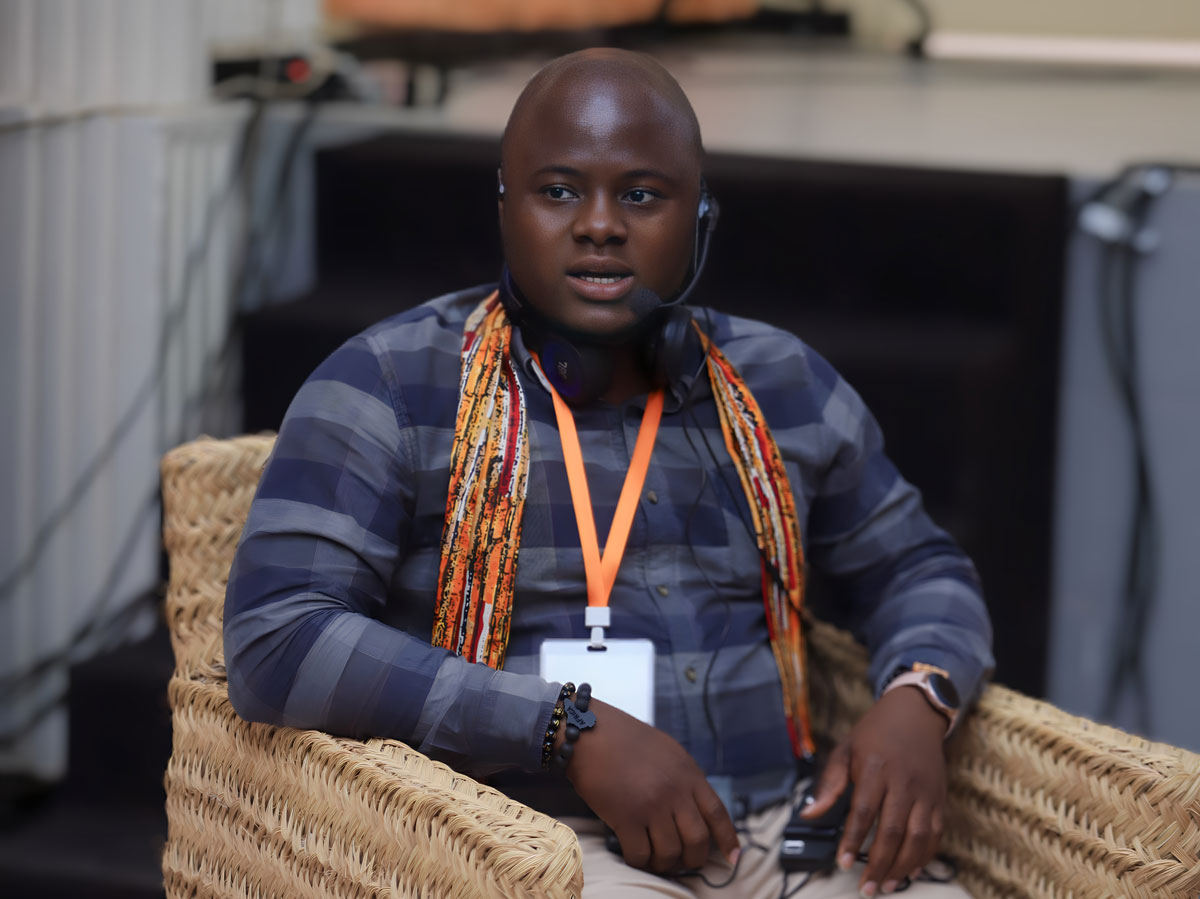
I felt inspired to meet young people who are not afraid to lead the change and contribute to uplifting our continent. It was refreshing to listen to thought-provoking conversations between younger and older generations on youth wellbeing in our African contexts, from the use of technology to positive parenting practices, modernizing cultural values, sexual education, creative expression, COVID-19, and the role of youth-led and community-based organizations in promoting youth wellbeing. The diverse views, deep reflections and simple-yet-profound ideas stayed with me, and I’d like to share some of them with you.
Adolescents and young people know more than we might think
GFC sponsored six young people aged between 17 and 22 to attend from the communities where our partners work. We often assume that young people, especially those from rural communities, are less informed and will not thrive in these spaces, but the young panelists at the summit shared important insights.
Jitta Brima is 22 years old and comes from a rural community in Bo, Sierra Leone, where our partner, the Center for Advocacy and Sustainable Empowerment (CASE SALONE) works. She explained how COVID-19 affected young people there, leading some to social vices and unhealthy practices that have negatively impacted their wellbeing. She emphasized the importance of attending to the needs of children and youth in rural communities that are often overlooked.
John Yamba, a 17-year-old activist from Children’s Forum Network in Kenema, Sierra Leone, reflected on the importance of teaching young people about sex and implementing comprehensive sexuality education in schools. He also called for more intergenerational dialogue on topics such as body autonomy and sexuality, without the notion of “taboo”.
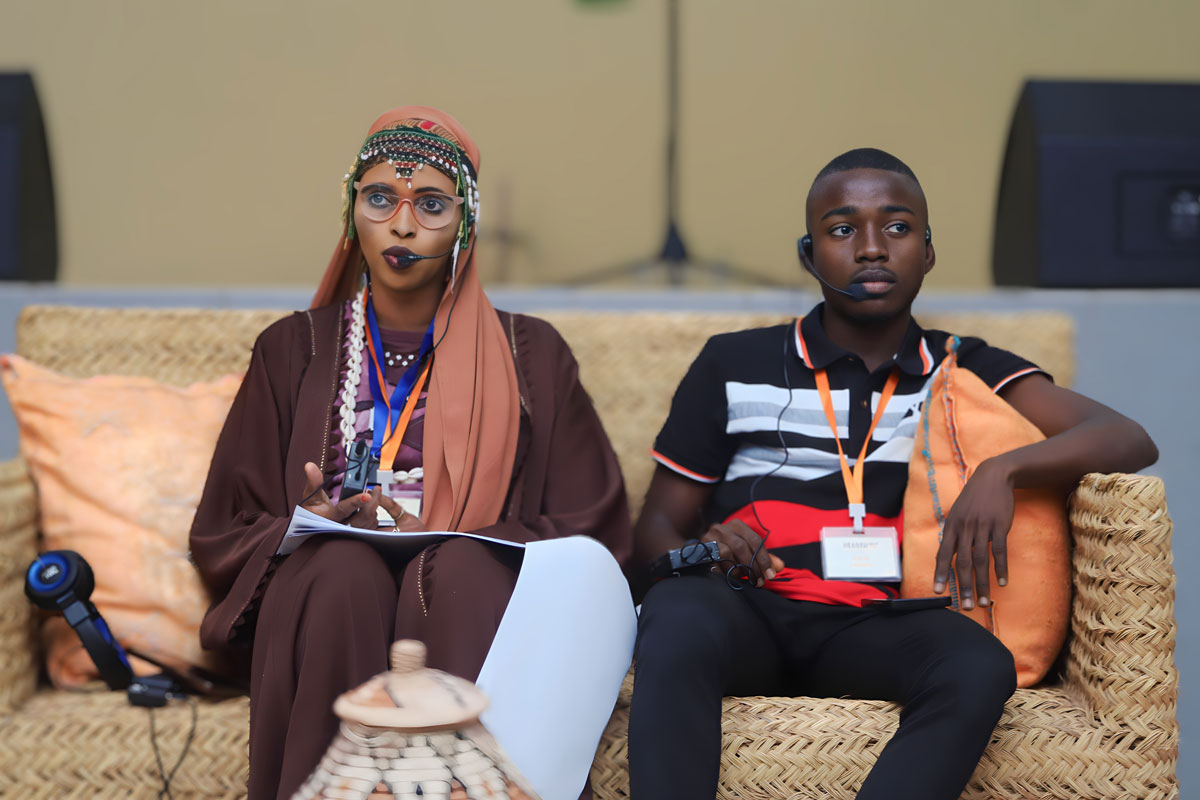
Other than those GFC had sponsored, it was difficult to find young people aged 15-22 at the summit, as most younger participants were aged between 25 and 35. Panelists noted that adolescents, especially those from rural communities, are often excluded from events like this and highlighted the importance of intergenerational dialogues including all young people, leaving no one behind.
Technology is a tool, and the way you use it determines the results
At one panel discussion, parents shared the challenges they face with children and young people being exposed to technology. Some shared how screens are contributing to the loss of traditional African practices, with parents barely interacting with children and young people being exposed to dangers online.
However, technology has many positive and productive uses that are only realized when used properly, safely, and for the right purposes. I learned that it is a tool and, like all tools, there are ways to use it safely. All of us – children, young people, parents and adults alike – expose ourselves to technology without being properly educated in how to use it safely and productively.
We all need comprehensive education and positive practices to help us use technology wisely and benefit from it. We can also use technology to preserve and/or modernize our African culture and values of togetherness, love, and harmony.
Normalizing intergenerational dialogue
The theme of the summit, From Eldership to Youth: The Power of Intergenerational Dialogue, encapsulates its learnings, emphasizing that intergenerational dialogues are often one-sided (from eldership to youth) in our African context and that we must learn to normalize two-way conversations if we wish to harness their power in promoting youth wellbeing.
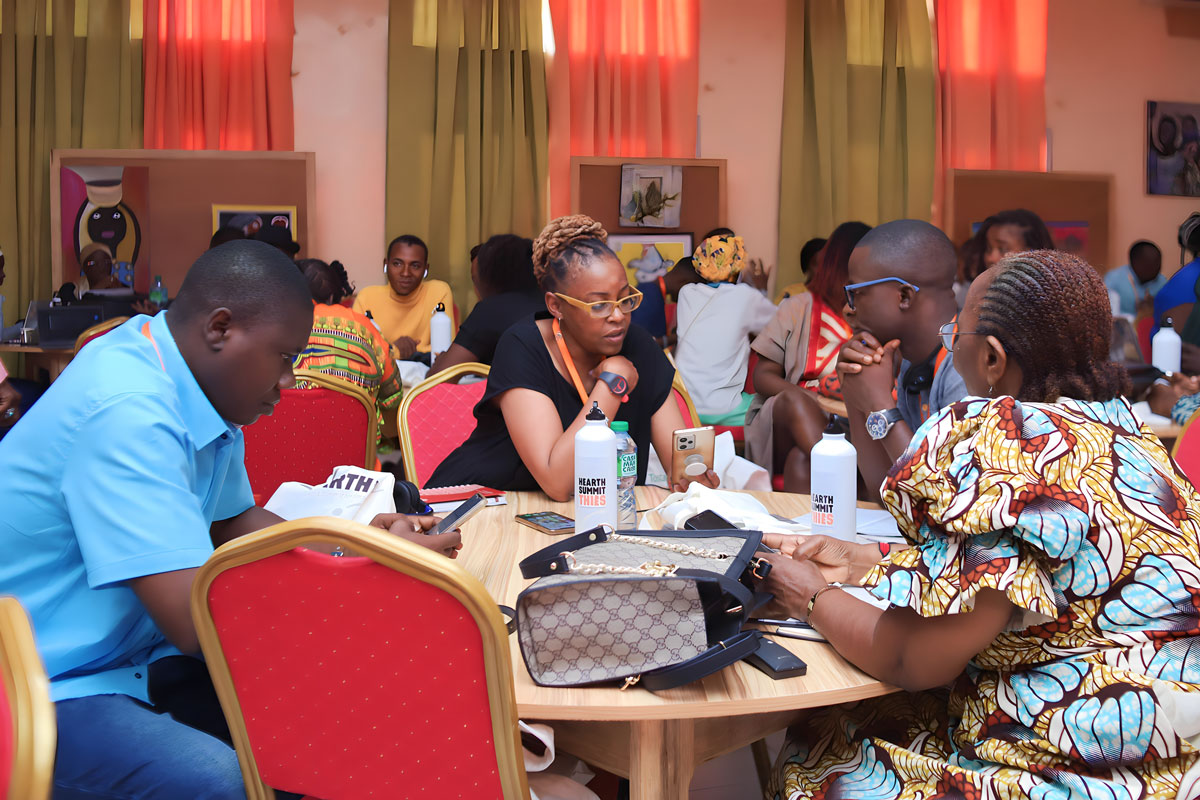
These discussions cannot be one-off occurrences at events like the summit, but must be normalized within homes, schools and communities. In a typical home, children and youth don’t speak when adults are talking, and it is considered disrespectful for them to be present during “important conversations”. Elders are considered “wise ones” and make decisions on behalf of communities, leaving young people with no voice, but carrying the burden of the consequences. To unlock Africa’s potential, we must normalize open, free, continuous, intentional, and vulnerable two-way discussions between generations in our homes, schools, and communities.
Attending the summit for the first time was deeply enlightening
Being in the room with over 200 youth leaders, entrepreneurs, changemakers, and activists from every part of the continent was powerful, as was learning about the amazing impact of young people across the region. From the music to the cultural performance, artwork and ambience, the atmosphere at the summit awakened a deep-seated longing for African-led development and positive change.
